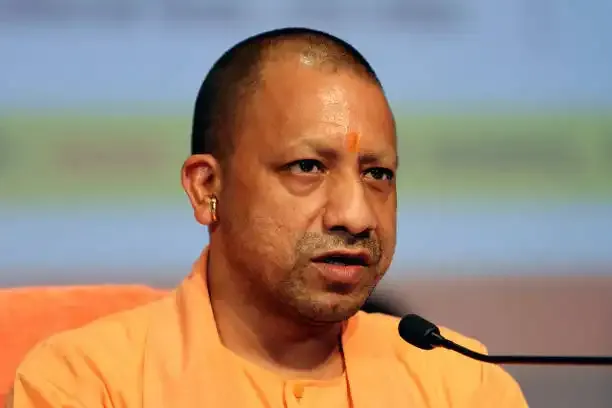Shopping cart
Your cart empty!
Terms of use dolor sit amet consectetur, adipisicing elit. Recusandae provident ullam aperiam quo ad non corrupti sit vel quam repellat ipsa quod sed, repellendus adipisci, ducimus ea modi odio assumenda.
Lorem ipsum dolor sit amet consectetur adipisicing elit. Sequi, cum esse possimus officiis amet ea voluptatibus libero! Dolorum assumenda esse, deserunt ipsum ad iusto! Praesentium error nobis tenetur at, quis nostrum facere excepturi architecto totam.
Lorem ipsum dolor sit amet consectetur adipisicing elit. Inventore, soluta alias eaque modi ipsum sint iusto fugiat vero velit rerum.
Sequi, cum esse possimus officiis amet ea voluptatibus libero! Dolorum assumenda esse, deserunt ipsum ad iusto! Praesentium error nobis tenetur at, quis nostrum facere excepturi architecto totam.
Lorem ipsum dolor sit amet consectetur adipisicing elit. Inventore, soluta alias eaque modi ipsum sint iusto fugiat vero velit rerum.
Dolor sit amet consectetur adipisicing elit. Sequi, cum esse possimus officiis amet ea voluptatibus libero! Dolorum assumenda esse, deserunt ipsum ad iusto! Praesentium error nobis tenetur at, quis nostrum facere excepturi architecto totam.
Lorem ipsum dolor sit amet consectetur adipisicing elit. Inventore, soluta alias eaque modi ipsum sint iusto fugiat vero velit rerum.
Sit amet consectetur adipisicing elit. Sequi, cum esse possimus officiis amet ea voluptatibus libero! Dolorum assumenda esse, deserunt ipsum ad iusto! Praesentium error nobis tenetur at, quis nostrum facere excepturi architecto totam.
Lorem ipsum dolor sit amet consectetur adipisicing elit. Inventore, soluta alias eaque modi ipsum sint iusto fugiat vero velit rerum.
Do you agree to our terms? Sign up

Uttar Pradesh Chief Minister Yogi Adityanath has made headlines with a scathing attack on halal certification, linking it to terrorism, “love jihad,” and what he terms “political Islam.” Speaking on the matter, the CM said, “This is a conspiracy… All this money is being misused for terrorism, for love jihad, and for religion.”
Following these remarks, the UP government has banned the production, sale, and storage of halal-certified products, citing concerns that the practice confuses consumers and is exploited for financial gain. Authorities claim that the certification process has become a channel through which money is allegedly diverted to fund terrorist activities and other unlawful operations.
Adityanath referenced a conversion racket allegedly run by Jamaluddin, also known as 'Changur Baba', as an example of activities allegedly funded by the proceeds from halal certification. The CM emphasized that such schemes aim to alter the nation’s demographic composition, positioning halal certification as more than just a dietary practice but a matter of national security and cultural concern.
The statements mark another episode in Adityanath’s ongoing political feud with Samajwadi Party chief Akhilesh Yadav, with the two leaders often clashing over issues tied to cultural and religious observances. Analysts suggest that the move to ban halal products could become a key political tool in the run-up to upcoming state elections, appealing to the BJP’s base that resonates with cultural nationalism and religious rhetoric.
Critics argue that linking halal certification to terrorism risks communal polarization and could provoke public unrest. They highlight that halal is a longstanding practice for the Muslim community, primarily related to dietary requirements, and that targeting it under the pretext of national security may deepen communal divisions.
The UP government maintains that the ban seeks to protect consumers and ensure transparency in food certification processes, while also addressing claims of financial exploitation. The debate has sparked reactions nationwide, with legal experts and political analysts weighing in on the implications for religious freedom, market regulation, and communal harmony.
9
Published: 13h ago